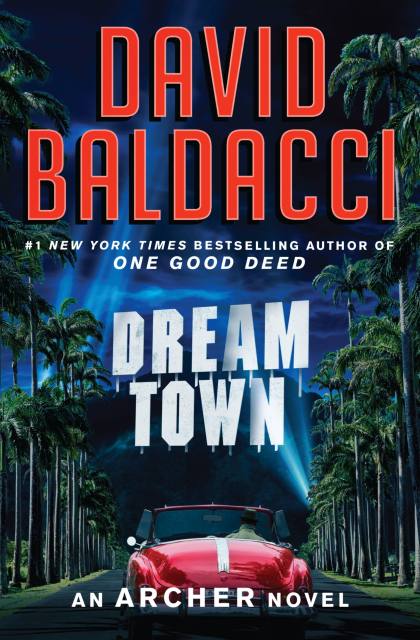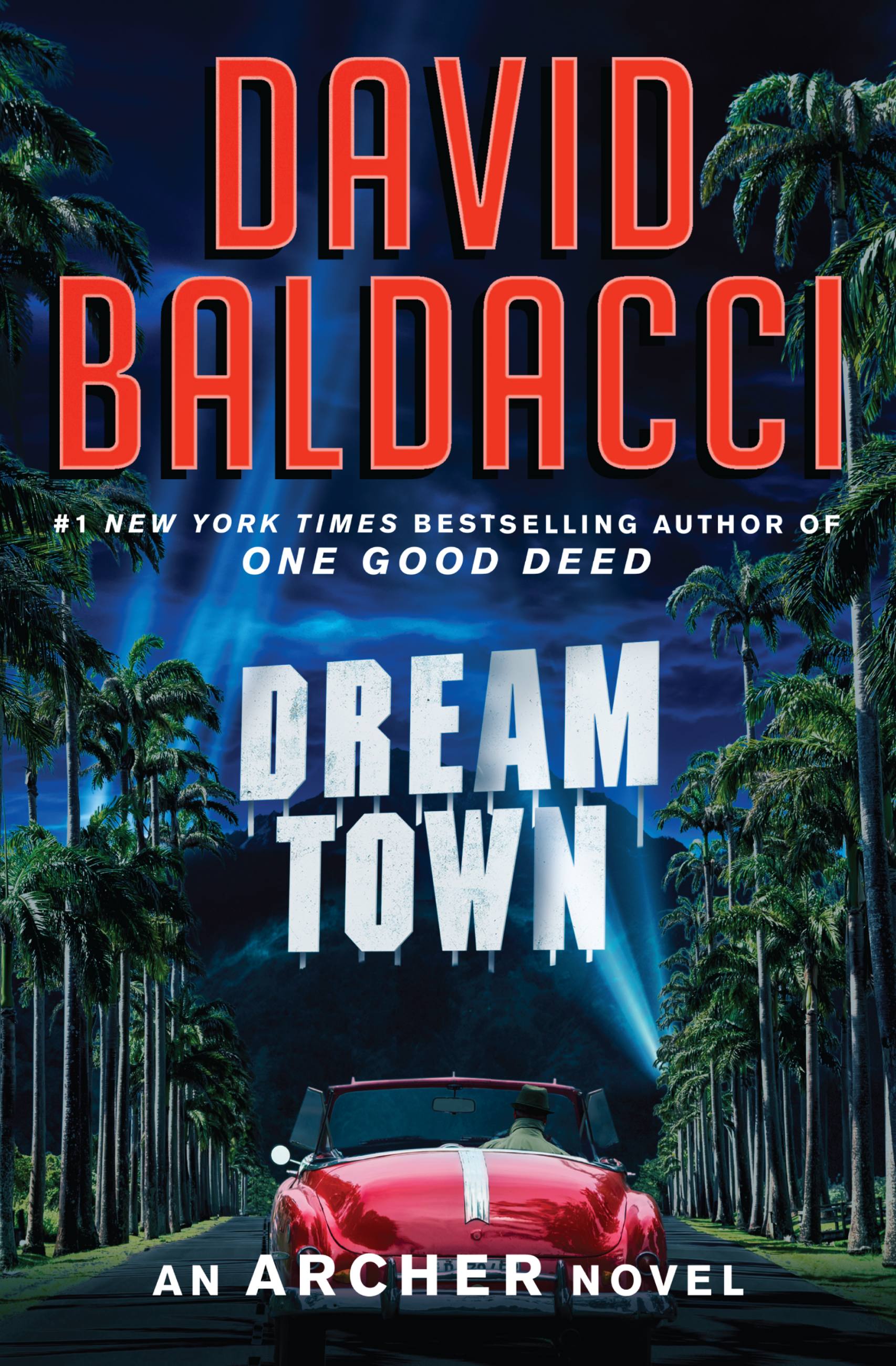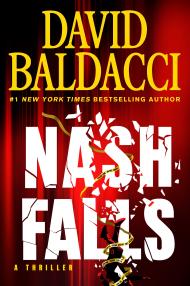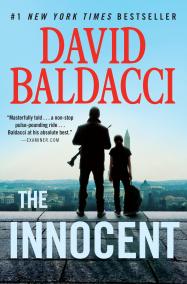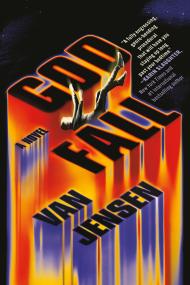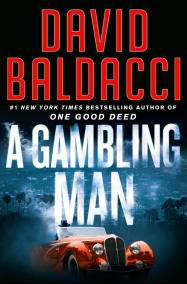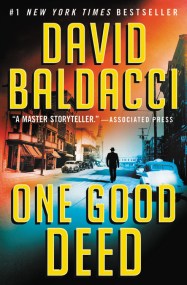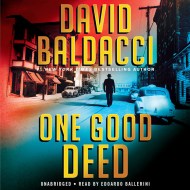By clicking “Accept,” you agree to the use of cookies and similar technologies on your device as set forth in our Cookie Policy and our Privacy Policy. Please note that certain cookies are essential for this website to function properly and do not require user consent to be deployed.
Dream Town
Contributors
Formats and Prices
- On Sale
- Feb 21, 2023
- Page Count
- 464 pages
- Publisher
- Grand Central Publishing
- ISBN-13
- 9781538719756
Price
$18.99Price
$23.99 CADFormat
Format:
- Trade Paperback $18.99 $23.99 CAD
- ebook $10.99 $13.99 CAD
- Hardcover (Large Print) $49.00 $63.00 CAD
- Audiobook Download (Unabridged) $27.98
- Audiobook CD (Unabridged) $50.00 $63.00 CAD
This item is a preorder. Your payment method will be charged immediately, and the product is expected to ship on or around February 21, 2023. This date is subject to change due to shipping delays beyond our control.
Buy from Other Retailers:
It’s the eve of 1953, and Aloysius Archer is in Los Angeles to ring in the New Year with an old friend, aspiring actress Liberty Callahan, when their evening is interrupted by an acquaintance of Callahan’s: Eleanor Lamb, a screenwriter in dire straits.
After a series of increasingly chilling events—mysterious phone calls, the same blue car loitering outside her house, and a bloody knife left in her sink—Eleanor fears that her life is in danger, and she wants to hire Archer to look into the matter. Archer suspects that Eleanor knows more than she’s telling, but before he can officially take on her case, a dead body turns up inside of Eleanor’s home … and Eleanor herself disappears. Missing client or not, Archer is dead set on finding both the murderer and Eleanor.
With the help of Callahan and his partner Willie Dash, he launches an investigation that will take him from mob-ridden Las Vegas to the glamorous world of Hollywood to the darkest corners of Los Angeles—a city in which beautiful faces are attached to cutthroat schemers, where the cops can be more corrupt than the criminals … and where the powerful people responsible for his client’s disappearance will kill without a moment’s hesitation if they catch Archer on their trail.
Series:
-
"Baldacci paints a vivid picture of the not-so-distant era . . . The 1950s weren’t the fabled good old days, but they’re fodder for gritty crime stories of high ideals and lowlifes, of longing and disappointment, and all the trouble a PI can handle. Well-done crime fiction. Baldacci nails the noir."Kirkus, Starred Review
-
“This was already my favorite of Baldacci's recurring series, and Dream Town only reinforces that, in large part because of Baldacci's brilliance in stitching his story across a tapestry of a bygone era of movie magic with a dark side. Nostalgia aside, this is storytelling of the highest order, rich in character and bursting with story.”Providence Journal
-
"[A] welcome third outing for PI Aloysius Archer . . . Solid prose nicely evokes the traditional hard-boiled whodunit."Publishers Weekly
-
"In the Archer series, [Baldacci] proves to be a natural at handling the postwar setting. Baldacci’s fans should be lining up for [Dream Town].”Booklist
-
“David Baldacci never fails to create an exciting story . . . the action is exhilarating. Fans of Baldacci will love this one from cover to cover.”Seattle Book Review
-
“Baldacci keeps piling on the tension until the last chapters . . . Electrifying.”New York Journal of Books
-
“Like his protagonist, Baldacci has a passion for details, especially those of the social variety. After a few pages you will feel as if you have time-traveled back to that era.”Florida Times-Union
-
"If you like a whodunit with a complex plot and characters, you are going to love Dream Town. Baldacci’s take on Hollywood in the fifties is quite refreshing and a great part of this mystery novel’s charm."TheMysterySite.com
-
"One of [Baldacci's] finest books. Great character, great story, great portrait of an era."Bill Clinton (praise for One Good Deed)
-
"David Baldacci is one of the all-time best thriller authors."Lisa Gardner, #1 New York Times bestselling author
-
"A master storyteller."People
-
"Baldacci delivers, every time!"Lisa Scottoline, New York Times bestselling author
-
"David Baldacci is a master storyteller."Associated Press
Newsletter Signup
By clicking ‘Sign Up,’ I acknowledge that I have read and agree to Hachette Book Group’s Privacy Policy and Terms of Use
